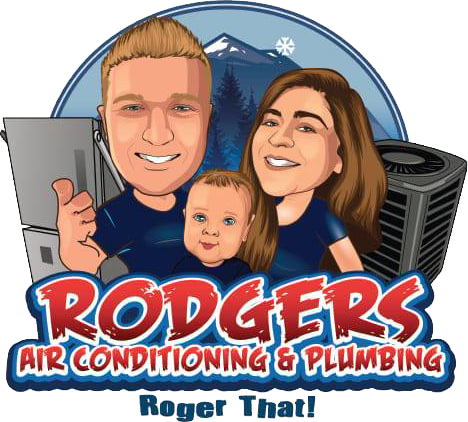FAQ
- Home
- FAQ

CHOOSING A CONTRACTOR
While you’re checking to see if companies are insured and bonded, don’t forget to inquire about whether the contractor’s particular trade requires a license. States often require specific licenses for particular trades, such as electrician, plumber or HVAC.
Bonding protects the consumer if the contractor fails to complete a job, doesn’t pay for permits, or fails to meet
other financial obligations, such as paying for supplies or subcontractors or covering damage that workers cause to your property.
Building permits are required for most construction or remodeling projects, in order to ensure the safety of the work and its compliance with building, construction, and zoning codes.
Proper installation is the single most important factor of your new system’s longevity and efficiency. An improperly installed system can lead to early system failures and higher energy consumption.
SYSTEM SELECTION
No. Oversized equipment can use up to 9% more energy and undersized systems do not generate enough airflow to fill your home. A properly sized system allows for maximum unit lifespan.
A gas/electric system uses electricity to cool your home and gas and electricity to heat it; whereas a heat pump uses only electricity to both heat and cool your home.
If your system is newer and under warranty we recommend repairing it. If your system is older, it is likely reaching the end of its lifespan, so repairing it may not be the best option and a newer system will likely be much more energy efficient.
Upgrading to bar-type registers can increase airflow and decrease the pressure buildup on the system thereby extending the life of the equipment.


INDOOR AIR QUALITY (IAQ)
MERV stands for minimum efficiency reporting value and signifies how effective a filter is at removing particles from the air. The higher the MERV the smaller the particle the filter can remove from the air.
A whole home humidifier can be a great way to increase the humidity level in your home. Proper humidity levels are important as they reduce static electricity, dry skin, chapped lips and scratchy throats.
Generally, a good range is 40-50% humidity.
Fresh air ventilation systems remove stale air from your home and bring in fresh air automatically. These systems reduce carbon monoxide (CO), formaldehyde and help remove odors from the home.
There are several factors that determine if your ductwork needs to be upgraded. If the ductwork is damaged and/or leaking, adding insulation will reduce the amount of heating or cooling loss in your attic lowering your overall energy consumption.
We can inspect your ductwork and make a recommendation on whether or not it needs to be cleaned.
They are designed to be installed in the coil and are intended to reduce mold and bacteria buildup on the coil.
COST
Rebates offered vary by region. Be sure to check with your local utility companies for current offers.
Air conditioners with a higher SEER (Seasonal Energy Efficiency Ratio) ratings will consume less power. Systems with a higher AFUE (Annual Fuel Utilization Efficiency) will cost less to heat your home in the winter.
Sealed ductwork prevents air leaks. The national average suggests, most US homes waste up to 35% of their cooling costs through leaking ducts. This dissipated airflow equals $35 wasted for every $100 spent.
Every home has different requirements as to what needs to be done to provide the ultimate level of comfort.


FURNACE
Variable speed furnaces have many benefits. Just like your car, it is able to speed up or slow down whenever needed instead of running at full speed all the time. Variable speed furnaces provide the ultimate in energy savings and noise reduction. Variable speed furnaces are an important choice when you
are looking to pair your system with indoor air quality (IAQ) products as they allow the furnace an energy efficient way to circulate the air in your home through the air cleaning products.
Two-stage heating means the furnace has two levels of heat output: high for cold winter days and low for milder days. Since the low setting is adequate to meet household heating demands 80% of the time, a two-stage unit runs for longer periods and provides more even heat distribution
INSTALLATION
Most likely your air conditioner can be moved to a more convenient location.
Each job varies based on how complex it is, but generally it takes one to two days to complete a system replacement.

